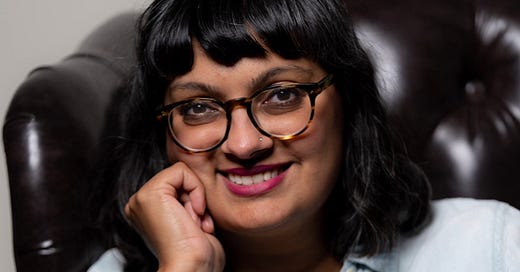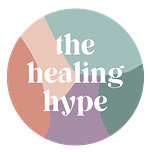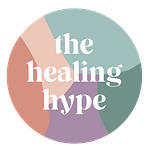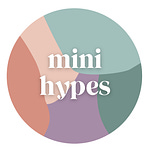I’ve been sharing the following in different spaces today, so I thought to share it here too. While the question at the end is somewhat rhetorical, I also mean it literally. I’d love to hear your answer.
As I approach my dad’s 10 year death anniversary, which coincides with me being in my 40s, I can’t help but think about how, while he didn’t show much emotion, he truly did what he could. Was it “enough”? Maybe it wasn’t enough for me, but I feel like it was enough for him. And I can’t really argue with that.
I think that’s what was within his capacity after leaving his home and family (some estranged), getting married, moving to a new country, bouncing from job to job, finding a stable career with benefits in a nice suburb, buying a home where everyone had their own room, and building a sense security and financial stability so his family didn’t have to be in survival mode like he did growing up. I can’t know this for sure, but I feel like this took so much of his capacity and it was enough for him. Did I still feel trapped in that house and life while I was growing up? Definitely. Did he show up for us? Definitely.
When we say “People are doing the best they can”, we are also allowed to think “People can do better” AND we can think of ways that “better” can look in our own lives so we can explore this and show up.
How can “better” show up in our values, relationships, and choices? How can “better” look with our emotional, mental, and physical health? How can “better” be meeting ourselves where we are at NOW so we can work with what we have? How can “better” be saying “I think this is enough for me”?
We cannot impose “better” on someone else, this has to be their choice and their will. But we can show up for ourselves and others in ways that exude what it means for us, while being a witness for them. This is collective care.
Have you ever just wished someone could do “better”? I definitely have. This is why I do my best (while allowing myself grace) to examine how systems of supremacy, socialization, intergenerational trauma, and lived experience have manifested within me - I get to look at how they show up in my anxieties, fears, joys, habits, pleasure, and pain. This is how I can show up, know my capacity, and decide what’s “better” for me.
How about you?
I’d love to hear your answer in the comments. And, if you’re BIPOC, I’d love to invite you to BIPOC in Bloom: Rooted, a seasonal series led by four BIPOC facilitators about ways BIPOC can bloom for the collective. In our spring series, we are hosting four workshops, lead by each of us, about ancestry, language, values, beliefs, and the land. This is for you if you find yourself wanting to connect and be in relationship with your ancestors, as well as with yourself, from a decolonial lens. Get tickets here.










Share this post